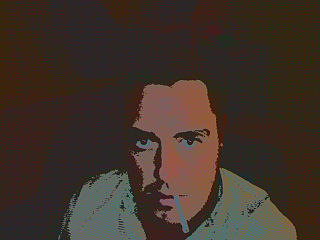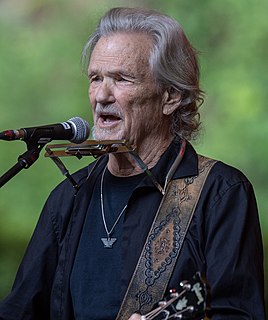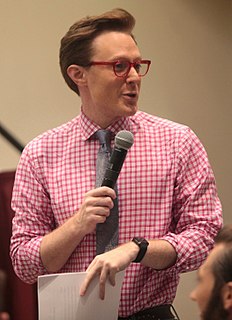A Quote by Archie Kalokerinos
In 1976 I was working in the Gulf Country around Cape York, in an aboriginal community of about 300 people. The Health Department sent around a team and vaccinated about 100 of them against flu. Six were dead within 24 hours or so and they weren't all old people, one man being in his early twenties. They threw the bodies in trucks to take to the coast where autopsies were done. It appeared they had died from heart attacks.
Related Quotes
Similarly, the press never tested many of the assumptions about WMDs. One of the great myths about the WMD issue is that everybody believed Iraq had them. Well, that's not true. There were a number of people in the intelligence community and the State Department who were skeptical, and many analysts in the Department of Energy were dubious about Iraq's nuclear capability. There were also people like Scott Ritter who were saying quite accurately what was going on.
People "died" all the time. . . . Parts of them died when they made the wrong kinds of decisions-decisions against life. Sometimes they died bit by bit until finally they were just living corpses walking around. If you were perceptive you could see it in their eyes; the fire had gone out. . . you always knew when you made a decision against life. The door clicked and you were safe inside-safe and dead.
The quantum death of Philip Seymour Hoffman. 24 hours before he was "officially" declared dead it was announced on the internet that he had already died. Many people were shocked to hear of his "official" death, especially those who had believed he was already dead. Philip Seymour Hoffman was both dead and alive in the minds of millions simultaneously. A rare death for a rare actor.
These events are swirling around them. In the white community, people felt like they had no control over their neighborhoods, their destiny. In the black community, centuries of government and economic forces were pushing on them. I went in with a kind of arrogance, maybe, that came from living in a very intellectual family, and I left knowing that there was a lot about the way people lived that I didn't know about.
I was working the Gulf of Mexico on oil rigs, flying helicopters. I'd lost my family to my years of failing as a songwriter. All I had were bills, child support, and grief. And I was about to get fired for not letting 24 hours go between the throttle and the bottle. It looked like I'd trashed my act. But there was something liberating about it.







































